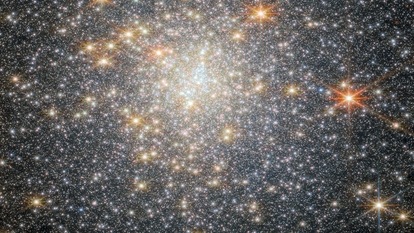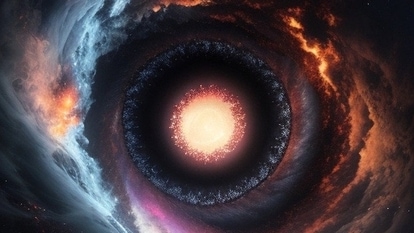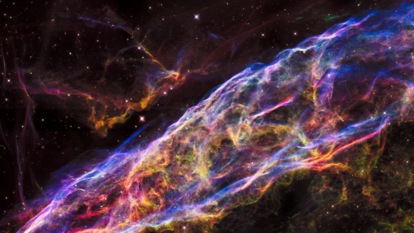Asteroid 2023 VH6 to pass by Earth today; Know details of close encounter
NASA has shed light on an Apollo-group asteroid expected to pass Earth by a close margin today, November 23. Know its speed, size, distance of approach, and more.
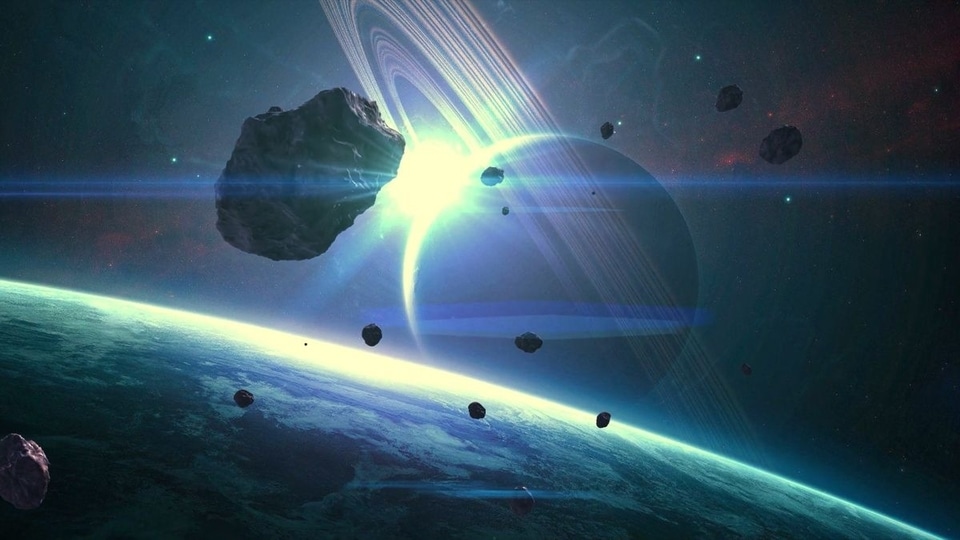
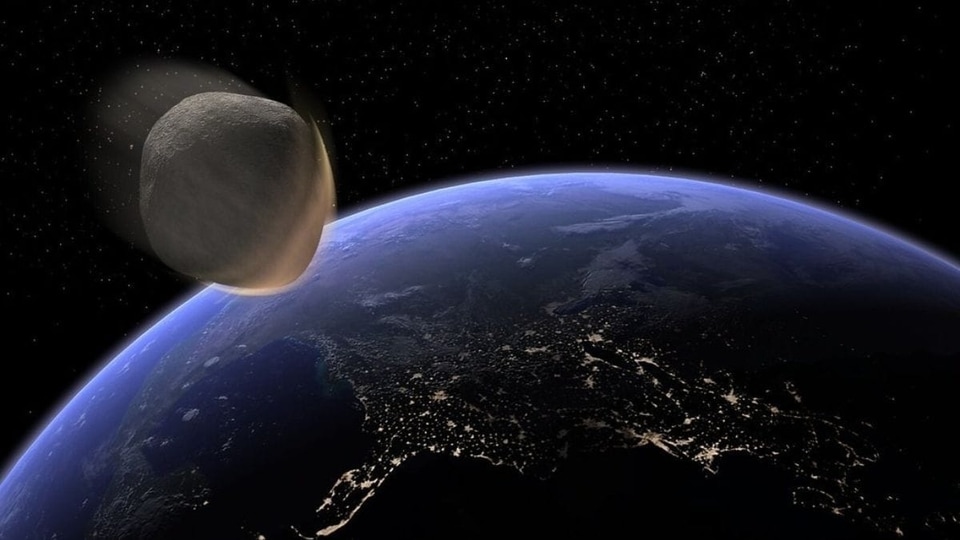
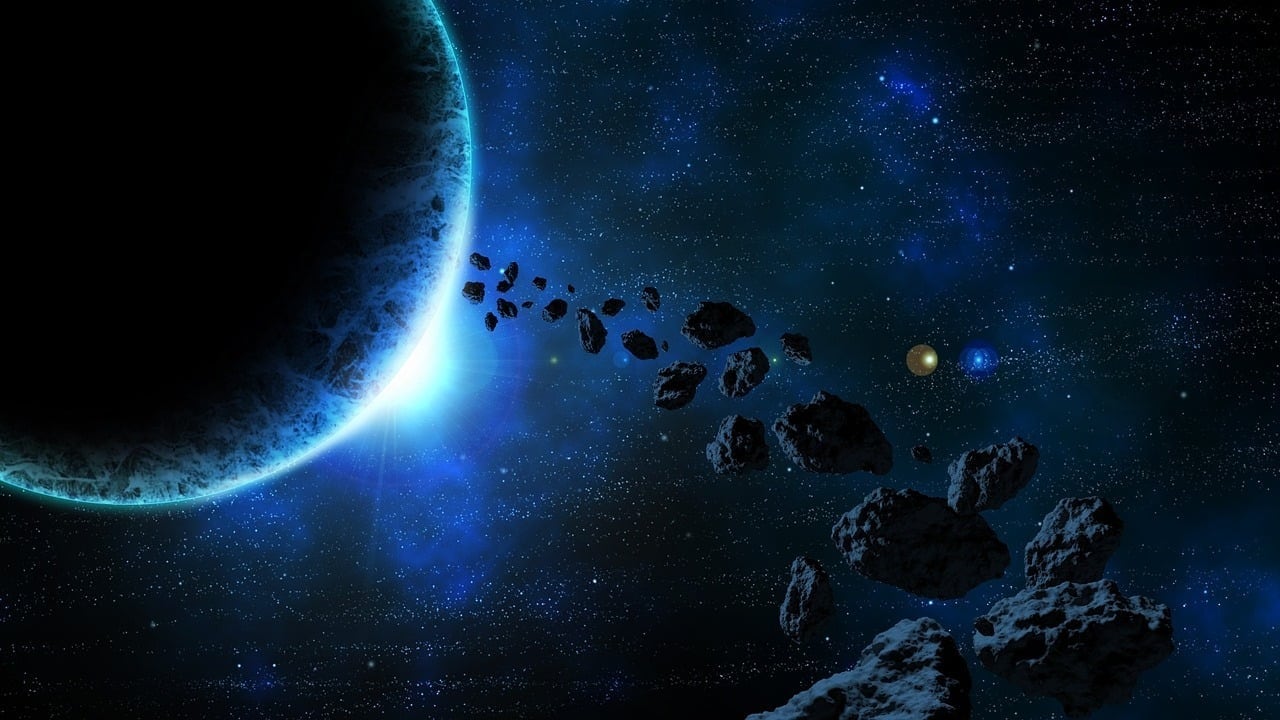
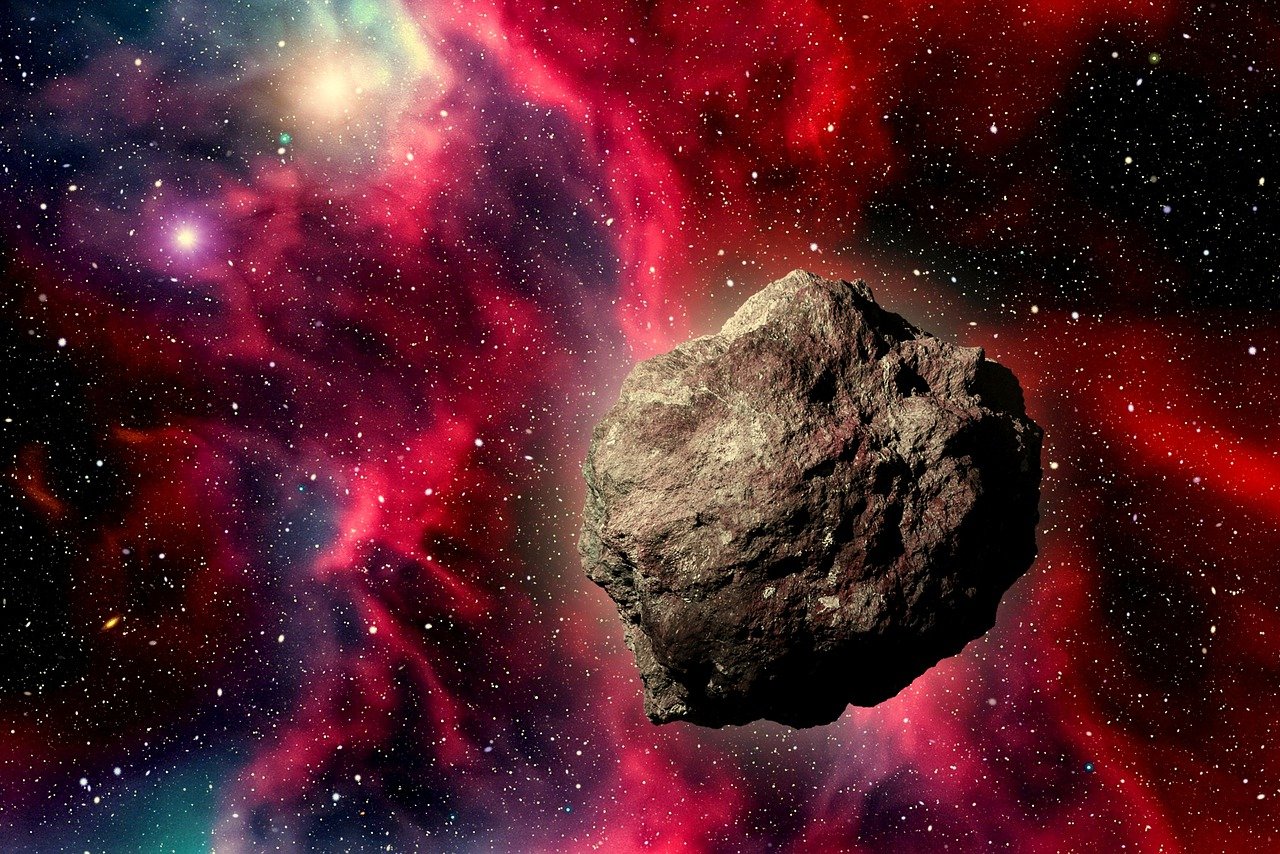
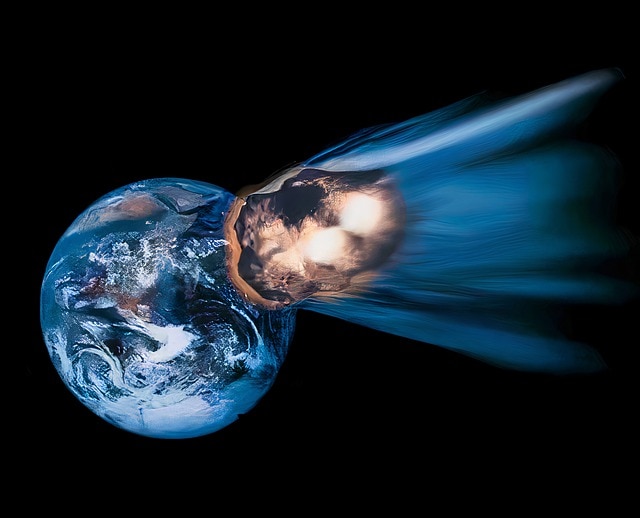
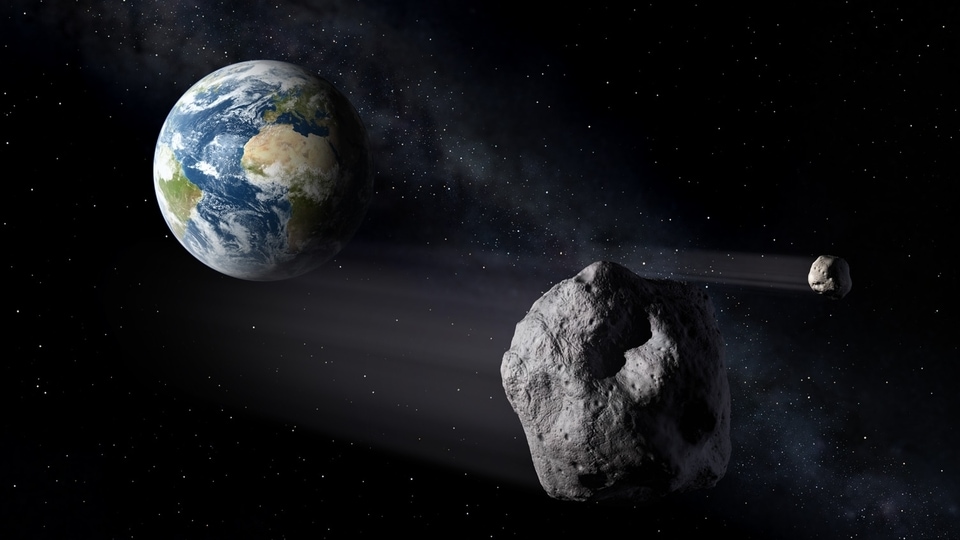
 View all Images
View all ImagesTo track and study asteroids which are mainly present in the asteroid belt between the orbits of Mars and Jupiter, NASA has several advanced ground and space-based telescopes in place. NEOWISE telescope, Atacama Large Millimeter/submillimeter Array (ALMA), Pans-STARRS1, and Catalina Sky Survey are just some of the telescopes and observatories that help study asteroids and remove any uncertainties around their potentially close approaches to Earth. With the help of these, the space agency has shed light on an asteroid that is expected to pass Earth today, November 23.
Asteroid 2023 VH6 details
The asteroid, given the designation of Asteroid 2023 VH6, is travelling towards Earth in its orbit at a breakneck speed of 26389 kilometers per hour, which is even faster than Intercontinental Ballistic Missiles (ICBMs)! NASA expects this space rock to fly past Earth at a close margin of approximately 2.6 million kilometers.
While this asteroid will pass by closely, it isn't big enough to cause panic or any potential damage. As per NASA, the asteroid is 87 feet wide, making it almost as big as an aircraft. However, if it crashes on Earth, it could still cause damage to a certain degree. In 2013, a smaller 59-foot asteroid exploded over the city of Chelyabinsk in Russia, damaging 7000 buildings and injuring over 1000 people injured.
This space rock belongs to the Apollo group of Near-Earth Asteroids, which are Earth-crossing space rocks with semi-major axes larger than Earth's. These asteroids are named after the humongous 1862 Apollo asteroid, discovered by German astronomer Karl Reinmuth in the 1930s.
NASA has also revealed that this is not Asteroid 2023 VH6's first-ever close approach to Earth. It passed Earth for the first time on December 2, 2021, at a distance of 1.8 million kilometers. After today, it will pass by Earth on November 7, 2025, at approximately 18 million kilometers, As per the details provided by NASA's Small-Body Database Lookup.
Importance of studying asteroids
Scientists study asteroids to learn more about the early solar system and the conditions that existed when the planets were forming. Asteroids can also provide valuable resources such as water, metals, and other minerals. Research on asteroids is critical since it can provide valuable information on the early stages of the solar system and planetary development. Furthermore, these celestial bodies might contain useful resources such as metals and water, which may be utilized in forthcoming space missions.
Catch all the Latest Tech News, Mobile News, Laptop News, Gaming news, Wearables News , How To News, also keep up with us on Whatsapp channel,Twitter, Facebook, Google News, and Instagram. For our latest videos, subscribe to our YouTube channel.









